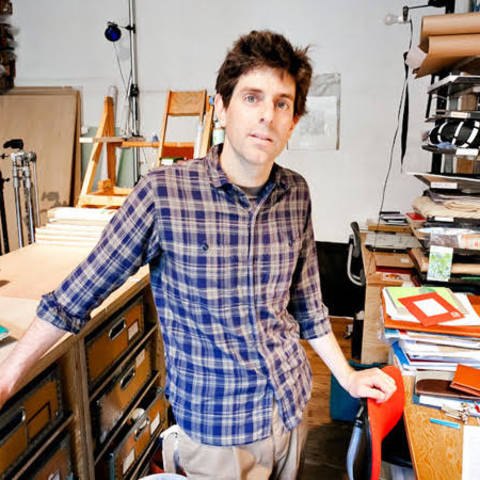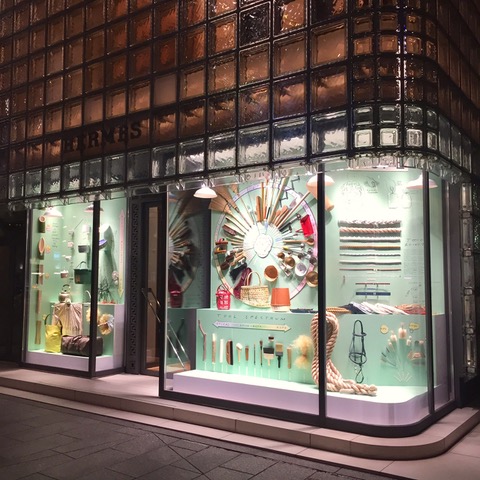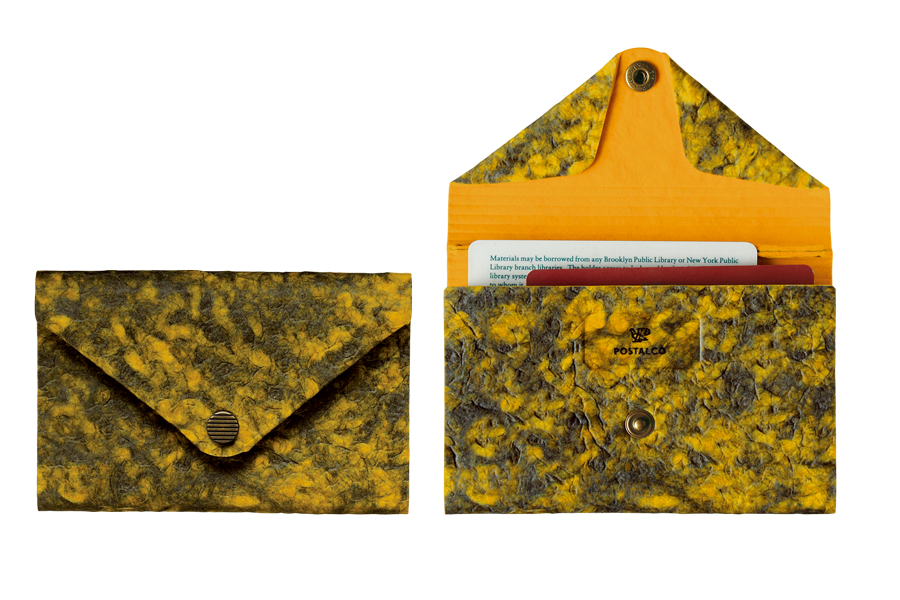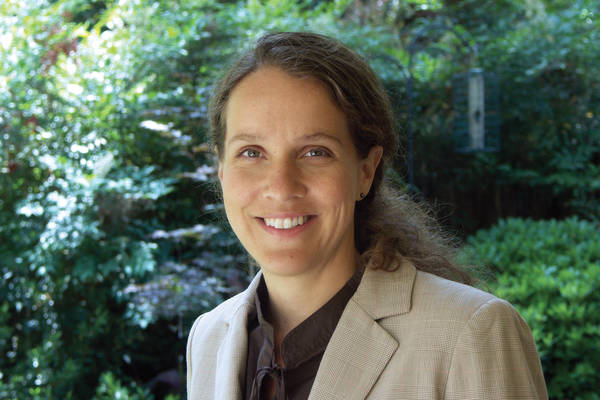profile / alumni / product-design
December 11, 2017
Writer: Jamie Wetherbe
![]() Zen And The Art of Handcrafted Notebooks: Meet Product Designer Mike Abelson
Zen And The Art of Handcrafted Notebooks: Meet Product Designer Mike Abelson
ArtCenter: How do you define success?
Mike Abelson (BS 97 Product Design), Co-founder/Partner, Postalco: Aligning what you say you are doing, and what you are actually doing.
AC: Of all the items you’ve designed, what is your favorite?
MA: The Channel Point pen. Each one is cut from solid pieces of aluminum and brass for a completely original mechanism. We were able to work with the Japanese pen maker MItsubishi to fit the pen to their refill. I have been using their pens since I was a student in ArtCenter. It’s been great to get to know some of the people behind products I know so well.
AC: You recently designed the “Tool Roots”, installation in Tokyo’s Hermes store. What was your inspiration?
MA: I am fascinated by the daily objects we surround ourselves with. I like to see everyday things in new ways. I was setting up a camping tent and needed to drive the tent pegs into the ground. The ground was hard and I couldn’t push them in with my hands. I had my phone in my pocket but I couldn’t use the phone to hammer in the pegs; I needed a stick. So at that moment a stick was better then a smartphone.
MA: I am inexplicably drawn to tools and find their shapes and stories fascinating. Many tools that we use have been used since prehistory; there is no way to know how or when they were first used. Anthropologists are left only to make stories based mostly on found artifacts. Usually we’re told that the most advanced tool is the newest tool. I wanted to look at many different tools all on the same level — purely by their form, not when they were invented or where they are intended to be used. That’s why I compared a range of tools to the range of colors. No one can say that the color yellow is more advanced than blue.
AC: What’s the one tool you can’t do without?
MA: Pen, paper. It allows me to make my thoughts visible, get it all out, and take the next step. Being in Japan, drawing proved essential while working with craftsmen when there may not even be words to describe the details of the thing you are trying to make together.

AC: Do you have any superstitions?
MA: Best books are in the back of the bookstore.
AC: Where do you go (online or offline) when you’re taking a break?
MA: Find something physical to do: take a walk, move boxes or bike somewhere. I love the grocery store — not sure exactly why, but I could go anytime.
AC: What do you do to detox from media and screens?
MA: Draw people in the train or anywhere. Go to a bookstore, new or used. Information seems to ooze from everywhere but books have a certain fullness of information. Maybe it’s because they can’t be updated later that they have a level of completion online content rarely sees.
AC: What book is on your bedside table?
MA: Lao Tsu Inner Chapters. Reading it since I was a student and am still reading it.
AC: If you could trade jobs with anyone for a day who would it be?
MA: A stonemason.
AC: Who are the most interesting designers working today?
MA: I like the work of Stewart Brand. Not widely considered a designer, but he makes new approaches possible through his activity. He created the Clock of the Long Now that is built to run for 10,000 years — a project to help us think in terms of much longer-term effects of our actions. According to him, this is not the year 2017, but the year 02017.
AC: If you could have a superpower, what would it be?
MA: Deep understanding of numbers.
AC: What’s your most irrational or rational fear?
MA: Saying things leads to them coming true, especially good things.
Alumni Q&A
Submit the Alumni Q&A questionnaire to share your story. We want to hear about your accomplishments, what you're working on and your advice for future ArtCenter students.
AC: How would your closest friend describe you?
MA: Probably obsessive.
AC: What’s your best piece of advice for an ArtCenter student who’s interested following your career path?
MA: Learn another language and then put yourself in a situation where you need to use it. So many interesting and completely different ways of looking at the world are embedded in a language. If you are at all interested in running a business, learn how to read a monthly profit and loss sheet. (Maybe numbers count as another language?) Ask tons of questions: When a supplier or manufacturer says “no,” always find out why. You’ll discover a lot very quickly. There is so much to learn from people in the field that is never even touched upon in school or online.







